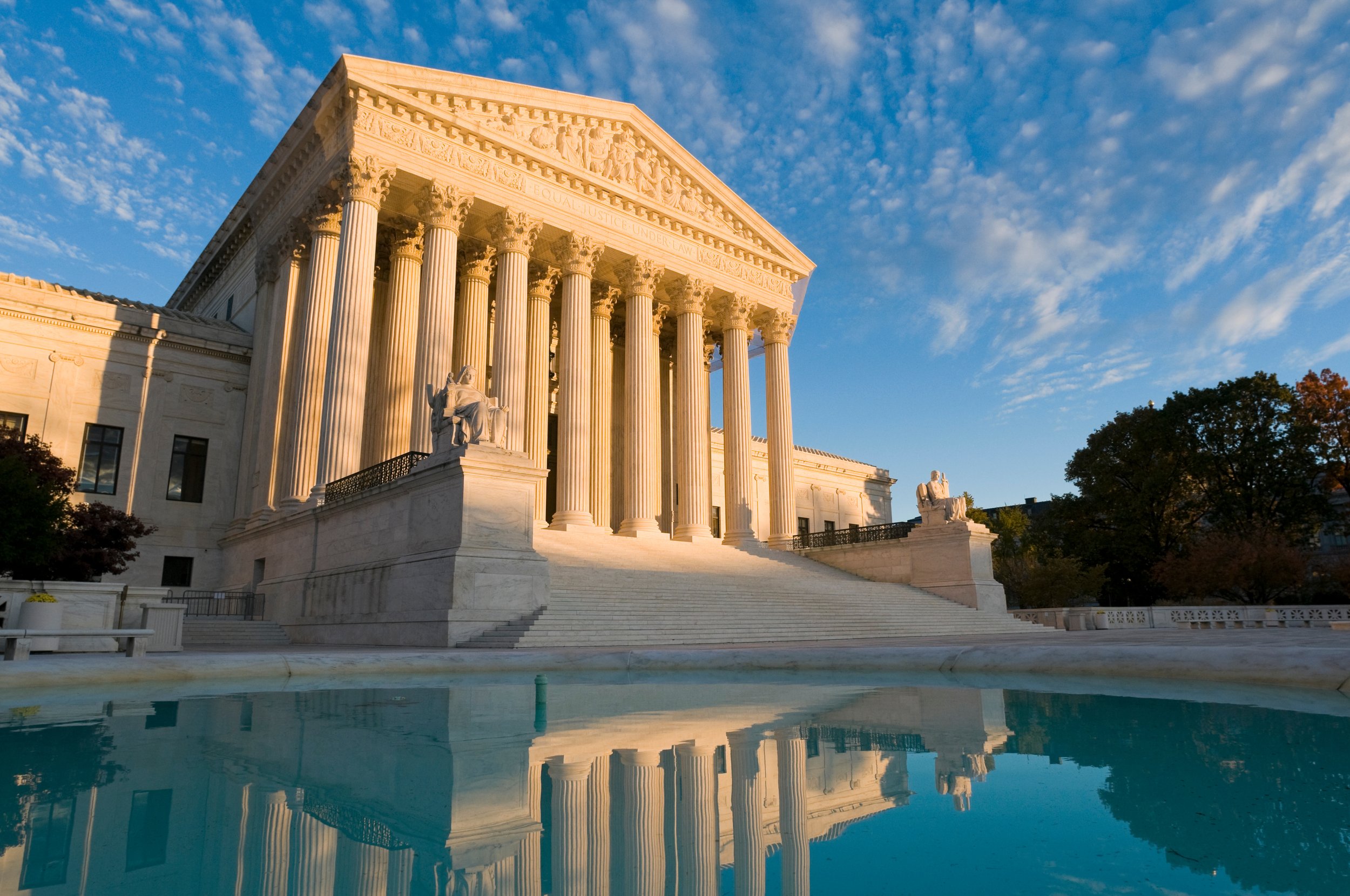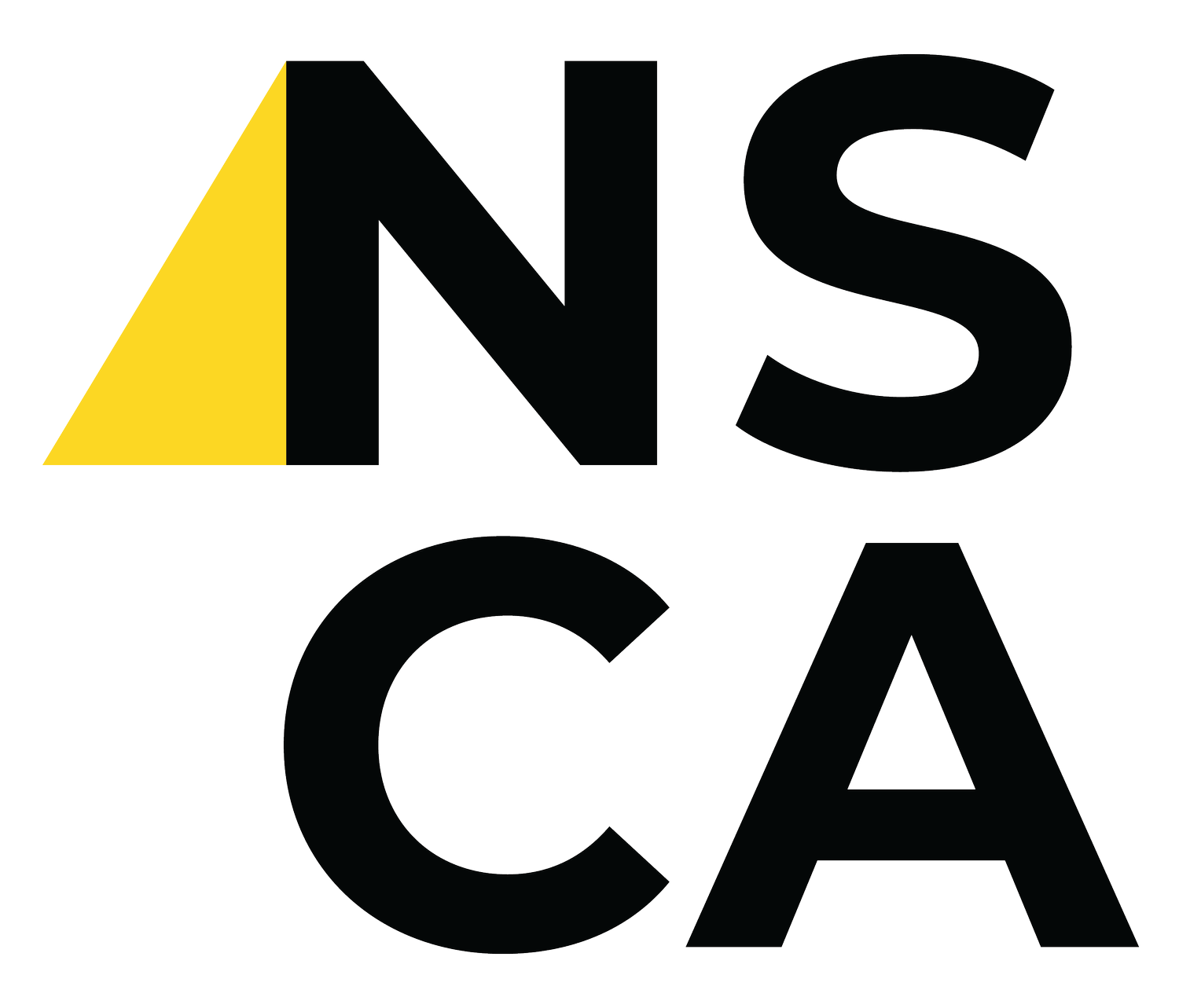
School chaplaincy’s legal precedent
Necessary legalities
Employing chaplains
How can chaplaincy survive challenges from the American Civil Liberties Union, the Southern Poverty Law Center, and other liberal law organizations? The following describes how and the necessary legalities for public schools to employ chaplains.
Chaplains have a long precedent of serving in public institutions, including schools.
You are not alone if you are wondering what is and isn’t legal or appropriate regarding chaplaincy. There is a common misconception that school chaplains are illegal employees of public schools. That is not true. Chaplaincy is not a legal issue as much as it is an ideological issue. Any school district may hire a chaplain if they desire.
As district employees, chaplains are subject to all the rules and regulations like any other employee. The district defines a chaplain’s role and responsibilities. For example, in some districts, a chaplain’s primary function is to serve teachers and the adult employees of a district. In other schools, chaplains can engage with students in common areas like hallways, cafeterias, or sporting events, but not in private one-on-one settings unless another adult teacher or parent is present.
Many educators struggle with separating the concept of spirituality from the idea of religion. However, the courts consistently uphold chaplaincy because chaplains represent God, not the church, a denomination, or a religion. As Godly counselors, chaplains are trusted Biblical advisors, which is why chaplains are paid to serve schools, the military, law enforcement, hospitals, the U.S. Senate, and Congress. Understanding the difference between God and religion will avoid confusion and help you move from fear to freedom.
Kennedy v. Bremerton School District – Religious expression including prayer upheld (U.S. Supreme Court 2022)
Carson v. Makin – Public funds for students who attend private religious schools upheld (U.S. Supreme Court 2022)
Although the Supreme Court has never addressed the constitutionality of military or prison chaplains, the Second Circuit Court of Appeals explicitly held in Katcoff v. Marsh that the military chaplaincy does not violate the establishment clause (2d Cir. 1985)
The Supreme Court has directly addressed chaplaincy only within the context of the legislature. In Marsh v. Chambers (1983), the Court held that a Nebraska legislative chaplaincy program did not violate the establishment clause.
Carter v. Broadlawns – Public funds to pay chaplains serving public institutions upheld (U.S. Supreme Court 1971)
Secular humanism is a religion taught in public education; therefore, Christianity has equal access. (Torcaso v. Watkins – Federal District 1961)
Sherbert v. Verner – States must have a “compelling interest” to refuse to accommodate religiously motivated conduct (U.S. Supreme Court 1963)
Northwest Ordinance of 1787 – Religion, morality, and knowledge education shall forever be encouraged in school
48 states have laws that require the Gospel to be taught in school
The legality of Chaplains
Chaplains are paid to serve in public institutions, including schools. If chaplains are on the payroll in one school, why would it be “illegal” for any school to have a staff chaplain?
Forty-eight (48) states have laws that require the Gospel to be taught in school. To get a copy of your state’s education standards and how they apply to the Gospel, please send us an inquiry here.

